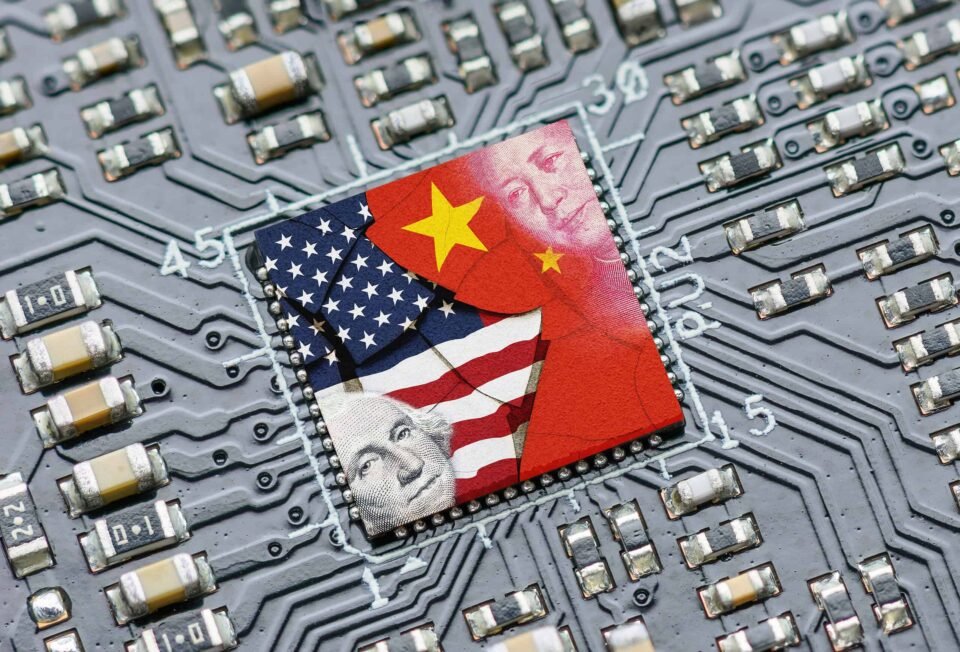Beijing has set its sights on becoming the world’s leading AI innovation hub by 2030, challenging assumptions that the US is far ahead in the AI race. This year, Chinese start-up DeepSeek introduced a chatbot that rivals top American systems at a fraction of the cost, signaling China’s growing prowess in the field. At the World AI Conference (WAIC), China made its case for taking a leading role in global AI governance, with experts noting that China and the US are in a high-speed race for dominance. The two countries dominate the AI sector, with only a small percentage of recent models developed without their involvement.
China’s ambition is to become the world’s leading AI innovation center by 2030. The country is now on par with the US in core technologies, and Beijing’s vision for AI leadership is gaining traction globally. China’s approach is characterized by open-weight and open-source models, which are being adopted by countries like Mongolia, Kazakhstan, and Pakistan. The affordability of Chinese technology, including software and hardware from companies like Huawei, is particularly appealing to developing nations.
Despite challenges such as the closed nature of the Chinese internet and trust issues with Chinese tech, China is positioning itself as a responsible AI power. Premier Li Qiang highlighted AI risks and pledged to share technology with other countries, contrasting with the US’s aggressive AI strategy. China also announced the establishment of an international AI cooperation organization, though details remain scarce. Analysts note that AI is still in its early stages, and it’s too soon to declare a definitive leader in the field.


